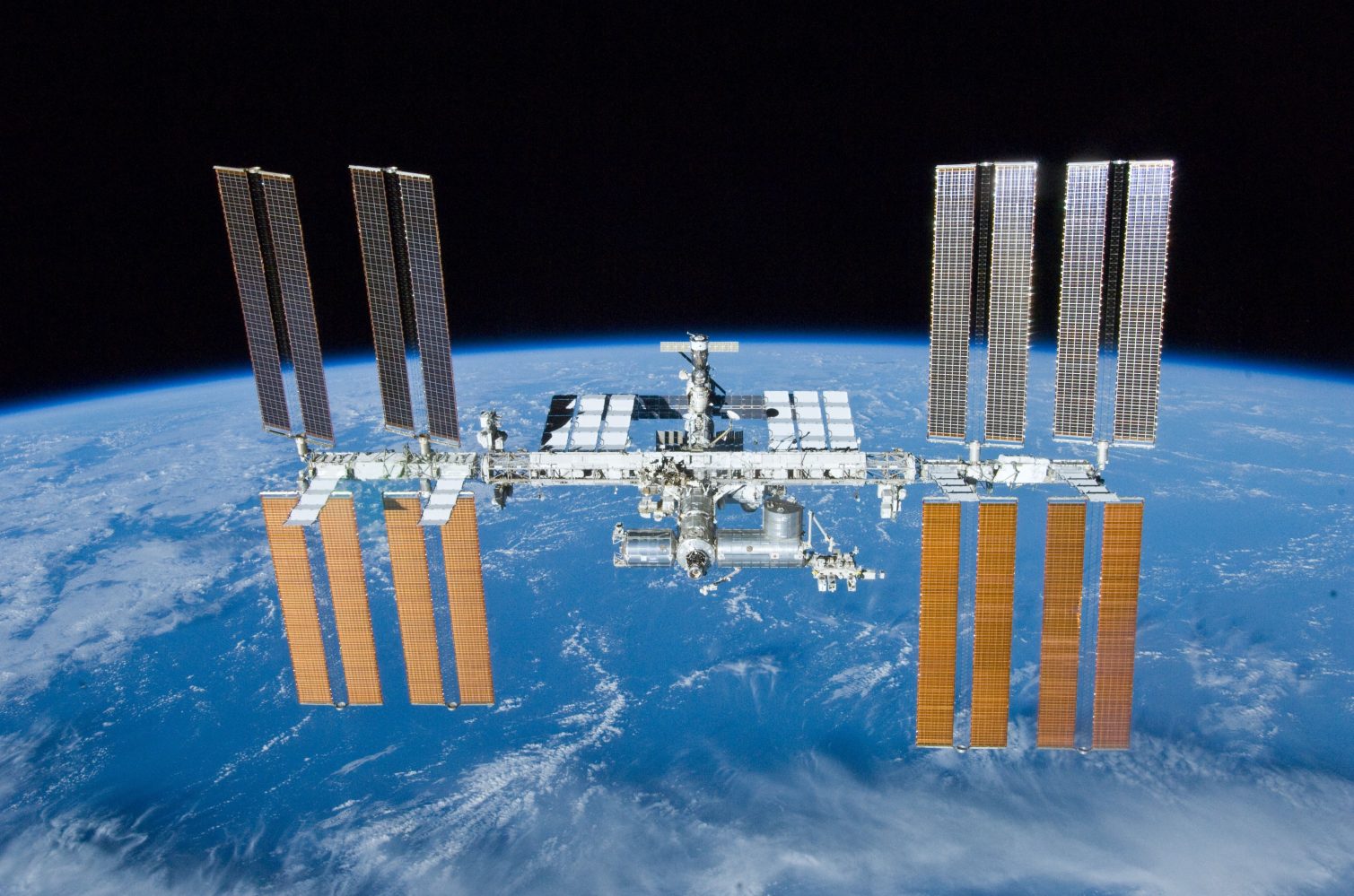
In statements made on Twitter and Telegram, Roscosmos Director-General Dmitry Rogozin responds to NASA, CSA, and ESA not promising they will lift sanctions on Russia due to its invasion of Ukraine. The statement makes an ultimatum, lift the sanctions, or Russia will pull its cooperation in the near future.
Earlier this month, Rogozin sent letters to the key partners of the International Space Station demanding their nations remove what he calls “illegal sanctions” on Russia by the end of March. NASA and the Canadian Space Agency (CSA) responded on March 30 and 31, respectively, ignoring the sanctions question but confirming they will continue supporting operations on the ISS.
Rogozin responded that this is not enough, and as long as Russia’s aerospace industry is sanctioned, Russia’s cooperation with the ISS cannot continue. This is not the first time Rogozin has made this threat, and since Rogozin, not Roscosmos, made it (although the agency did publish a copy of it), it’s hard to know how real this is. Below is the complete statement, translated using Google.
The head of NASA, Senator Nelson, the head of the European Space Agency, Josef Aschbacher, and the head of the Canadian Space Agency, Lisa Campbell, responded to my appeal to them demanding the lifting of sanctions against a number of enterprises in the Russian rocket and space industry.
The American and Canadian responses are almost carbon-copied. In particular, Bill Nelson’s letter states that “NASA will continue to engage with relevant federal and US agencies to promote further cooperation within the framework of the ISS and its operation, including any necessary cooperation on the ISS program with the support of JSC Central Research Institute of Mechanical Engineering (JSC TsNIIMash) and JSC RCC Progress. Maintaining safe and successful ISS operations remains a priority for the United States.”
With regard to the response of the European Space Agency, Josef Aschbacher acted as a postman, confirming that he does not solve such issues, and therefore forwarded my appeal to the EU member states. That is, we are invited to wait until the bureaucracies of all 28 EU countries deign to read the letter from Roscosmos. By this time, either the donkey will die, or the ISS will die by its own death.
Nevertheless, the position of our partners is clear: the sanctions will not be lifted. At the same time, fearing the destruction of cooperation on the ISS, where the role of Russia is of a fundamentally important nature for ensuring the viability and safety of the station, Western partners make it clear that, in reality, sanctions in terms of work in the interests of the ISS will not work.
I consider this state of affairs unacceptable. Sanctions from the United States, Canada, the European Union and Japan are aimed at blocking the financial, economic and production activities of our high-tech enterprises. The purpose of the sanctions is to kill the Russian economy, plunge our people into despair and hunger, and bring our country to its knees. It is clear that they will not be able to do this, but the intentions are clear.
Therefore, I believe that the restoration of normal relations between partners in the International Space Station and other joint projects is possible only with the complete and unconditional lifting of illegal sanctions.
Specific proposals of Roskosmos on the timing of the completion of cooperation within the framework of the ISS with the space agencies of the United States, Canada, the European Union and Japan will be reported to the leadership of our country in the near future.
Dmitry Rogozin, Director-General of Roscomos, Translated via Google
No comment yet has been given by NASA or other ISS partner agencies.
Space Explored’s Take
First of all, it would be easy for Russia to end these sanctions if they just left Ukraine alone.
Ending the long cooperation on the ISS would be devastating to the program. NASA already foots a large portion of the bill for continued operations, and it is hard to believe Congress will approve more funding. Furthermore, NASA’s alternatives to the ISS are nowhere near completion, Axiom’s first module is still in production, and the free-flying options are only in early development phases. Finally, if this threat by Rogzin is real, it would be hard to imagine the ISS surviving till 2030 without significant more support from other nations.
FTC: We use income earning auto affiliate links. More.



Comments